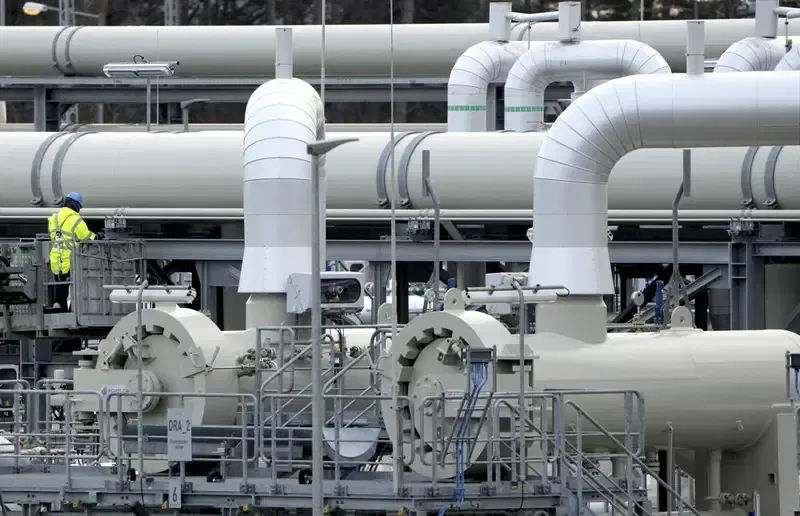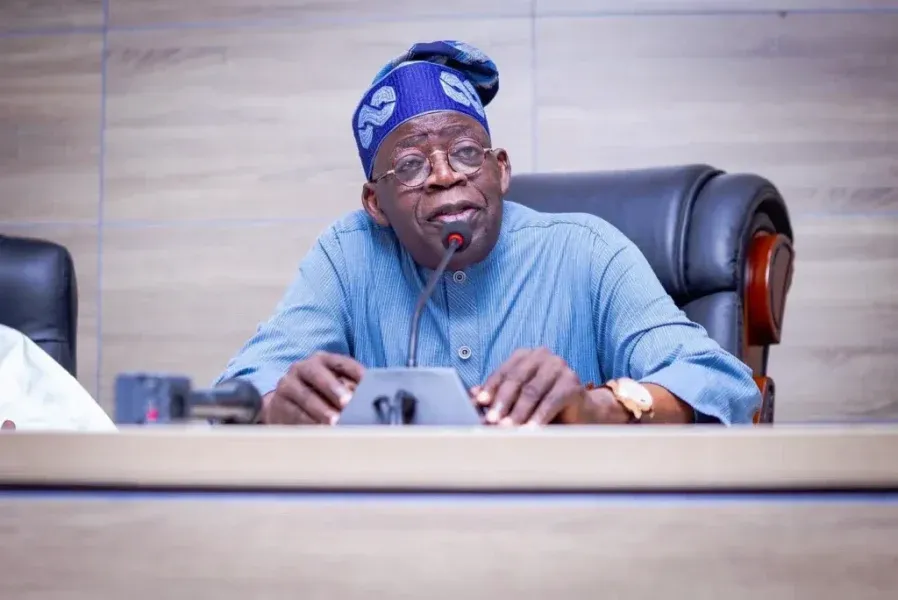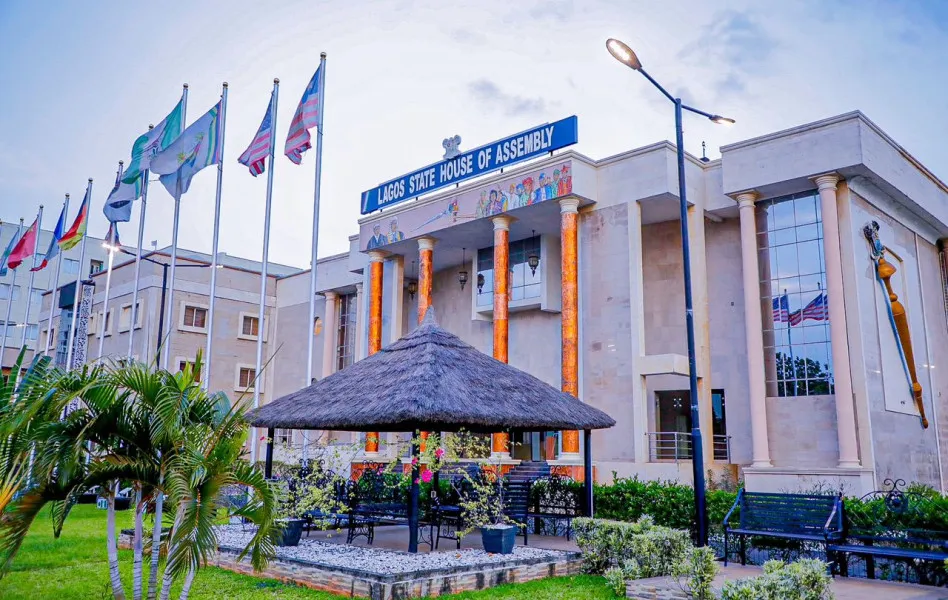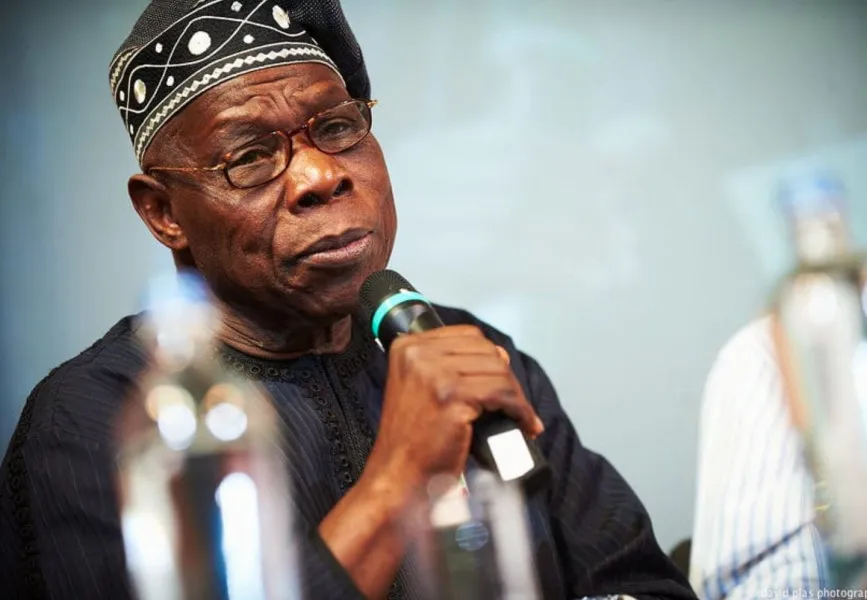The Federal Government has announced an ambitious initiative to increase Nigeria’s crude oil production by an additional one million barrels per day over the next 12 to 24 months. This move aims to address major challenges in the oil sector, including theft, pipeline vandalism, and outdated infrastructure, while attracting fresh investments to revitalize the industry.
The Nigerian Upstream Petroleum Regulatory Commission (NUPRC) reported a slight dip in oil production from 1.571 million barrels per day in August to 1.544 million in September, reflecting a 1.68% decline. However, the government’s new plan, dubbed “Project 1MMBPD,” seeks to reverse this trend through targeted measures to boost output.
During the project’s launch at NUPRC’s three-year anniversary, President Bola Ahmed Tinubu, represented by Secretary to the Government of the Federation Senator George Akume, emphasized the importance of increasing oil production to strengthen the nation’s revenue and accelerate economic growth. “Project one million barrels per day is a giant step forward for our oil and gas industry, designed to grow sustainably,” the President noted, adding that the initiative aims to secure Nigeria’s place in the global energy market.
Higher Production Targets Needed
Minister of State for Petroleum Resources (Oil), Senator Heineken Lokpobiri, argued that the current one-million-barrel target falls short of expectations, urging stakeholders to pursue more ambitious goals. “For a country that once produced over two million barrels per day, the present additional one million target is unacceptable. We should be aiming for 2.5 million in the short term and four million barrels per day in the long term,” he stated.
Government Blocks Shell’s Divestment While Approving Others
NUPRC Commission Chief Executive, Engr. Gbenga Komolafe, revealed that the government blocked Shell’s $2.4 billion divestment of its onshore and shallow water assets to local consortium Renaissance, citing regulatory issues. Nevertheless, four other divestment deals secured government approval, including ExxonMobil’s sale of Mobil Producing Nigeria Unlimited to Seplat Energy, Equinor Nigeria Energy’s sale to Project Odinmin Investments, Nigerian Agip Oil Company’s sale to Oando Petroleum, and TotalEnergies EP Nigeria Limited’s sale to Telema Energies Nigeria.
Infrastructure and Security Challenges
NNPC Limited Group CEO, Mallam Mele Kyari, highlighted aging infrastructure and pipeline vandalism as significant barriers to increasing output, noting, “We are dealing with infrastructures that are over 50 years old. Without replacing these, you cannot evacuate the additional one million barrels of oil, especially from onshore assets.”
Tony Elumelu, Chairman of UBA Group, echoed these concerns, pointing out that Nigeria’s oil production has steadily declined from over two million barrels per day to below 1.5 million. He urged for modernization to counteract the effects of outdated infrastructure, regulatory uncertainties, and security threats in the Niger Delta, warning, “As a nation, we cannot permit this decline to continue. We must modernize our oil and gas infrastructure to safeguard our economy and ensure prosperity for future generations.”





